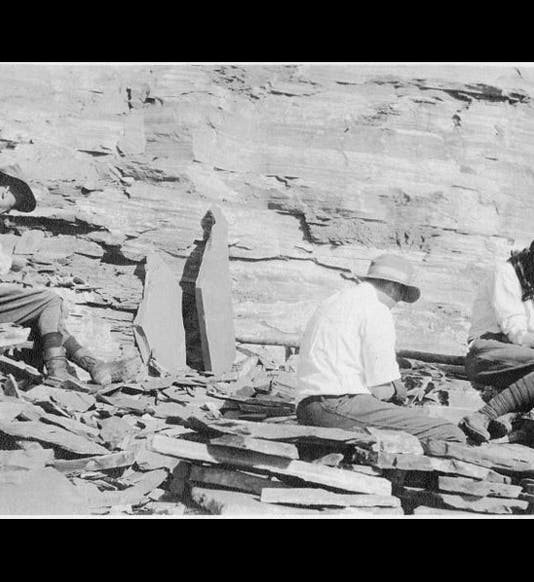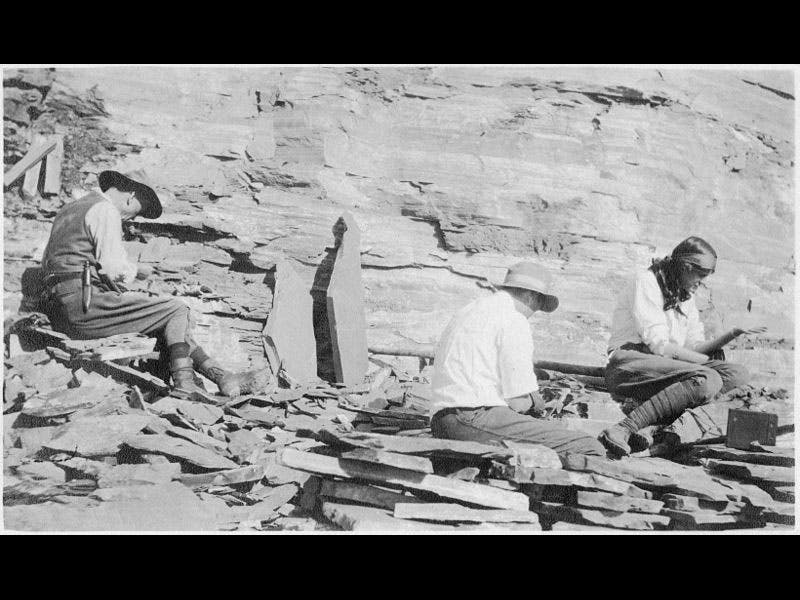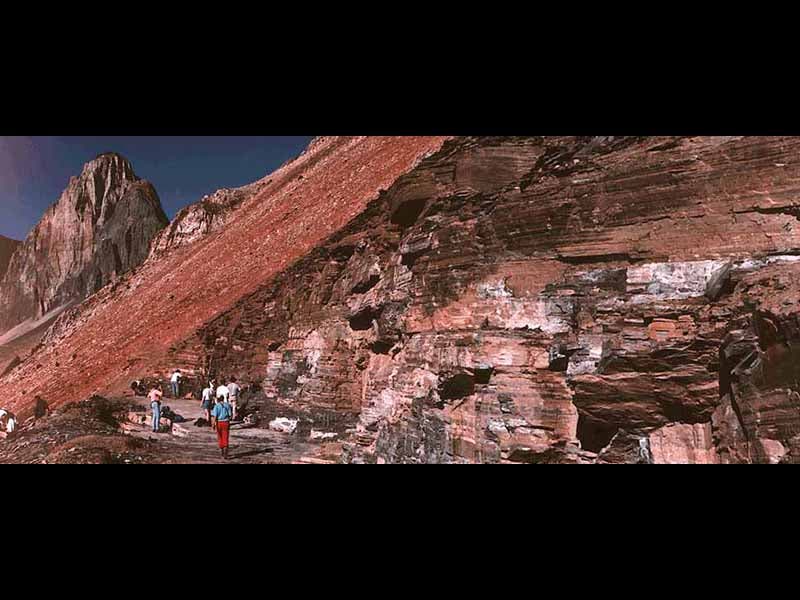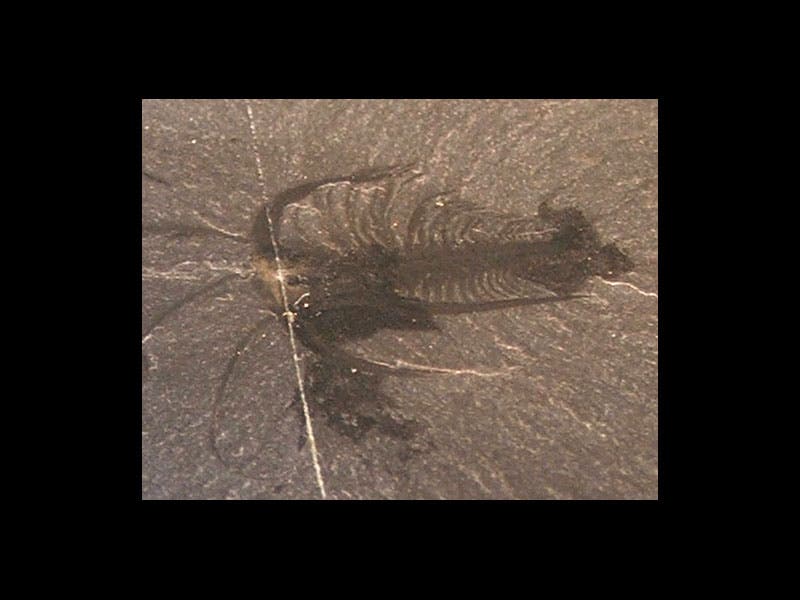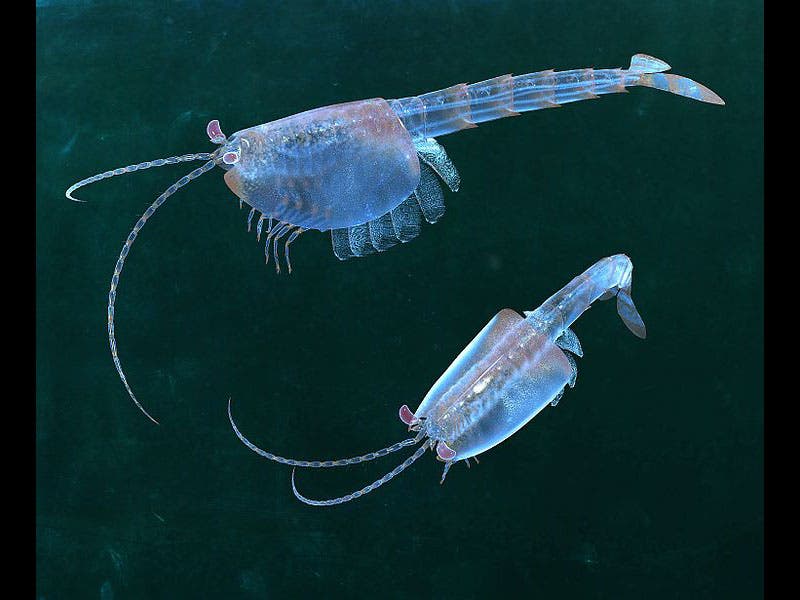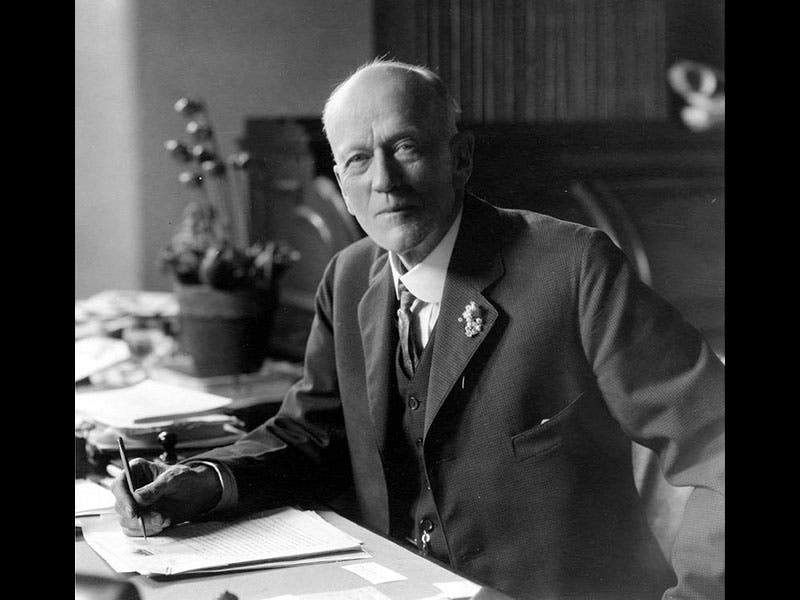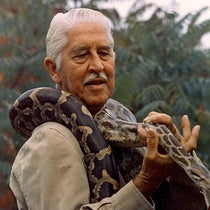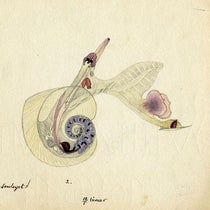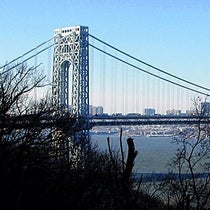Scientist of the Day - Charles Doolittle Walcott
Charles Doolittle Walcott, an American paleontologist, died Feb. 9, 1927, at the age of 76. Walcott was one of the most important scientific administrators at the turn of the century, being first Director of the United States Geological Survey, and then becoming Secretary of the Smithsonian Institution in 1907. But Walcott is best known for discovering the fossil richness of the Burgess Shale site in British Columbia in 1909. The Burgess Shale dates to just over 500 million years ago, in the Cambrian period, and the site is unusual in that it preserves the remains of many soft-bodied organisms, which are normally left out of the fossil record. These Cambrian animals were like no others that Walcott had ever seen, but he managed to shoehorn them into the known phyla of jellyfish, worms, echinoderms, etc., and give them exotic names, like Wiwaxia, and Hallucigenia. Then, in the 1970s, a Canadian, Harry Whittington, re-examined the fossils and argued that most of the fauna of the Burgess Shale were actually entirely unknown organisms, experiments in evolution that left no descendants in the modern world, and not members of any existing phylum. Stephen Jay Gould, who had always maintained that evolution is highly contingent and governed by chance and circumstance, used the example of the reinterpretation of the Burgess Shale as the centerpiece for a book, Wonderful Life (1989), which was close to being a best-seller.
Walcott retrieved fossils from the Burgess Shale from 1909 until his retirement in 1924. The images show Walcott and his son and daughter at work in the quarry; a modern photograph of what is now called Walcott Quarry; one of the original fossils, this one named Marella; a reconstruction of another fossil, Waptia; and a photo of Walcott at work in his Smithsonian office.
Dr. William B. Ashworth, Jr., Consultant for the History of Science, Linda Hall Library and Associate Professor, Department of History, University of Missouri-Kansas City. Comments or corrections are welcome; please direct to ashworthw@umkc.edu.

